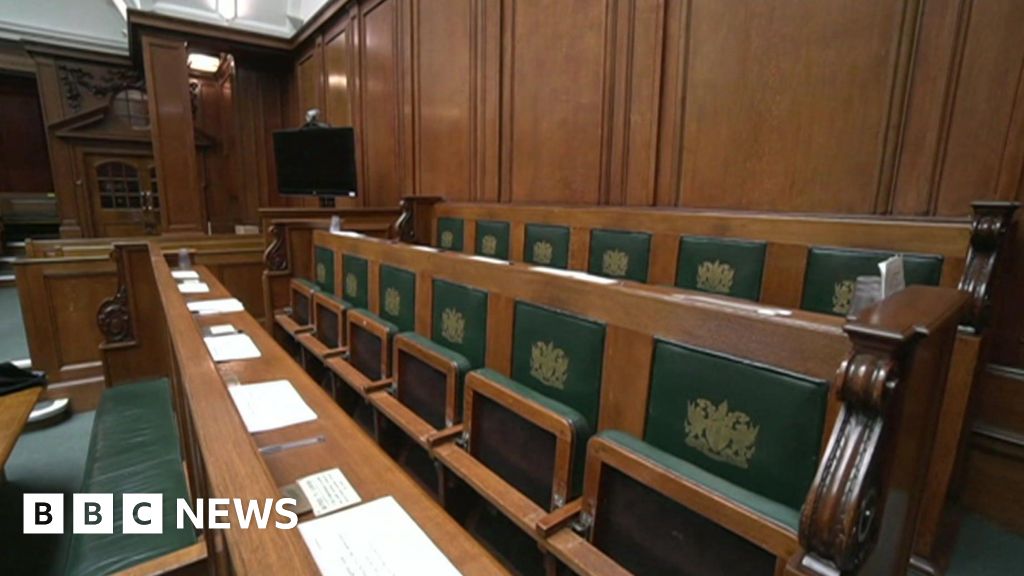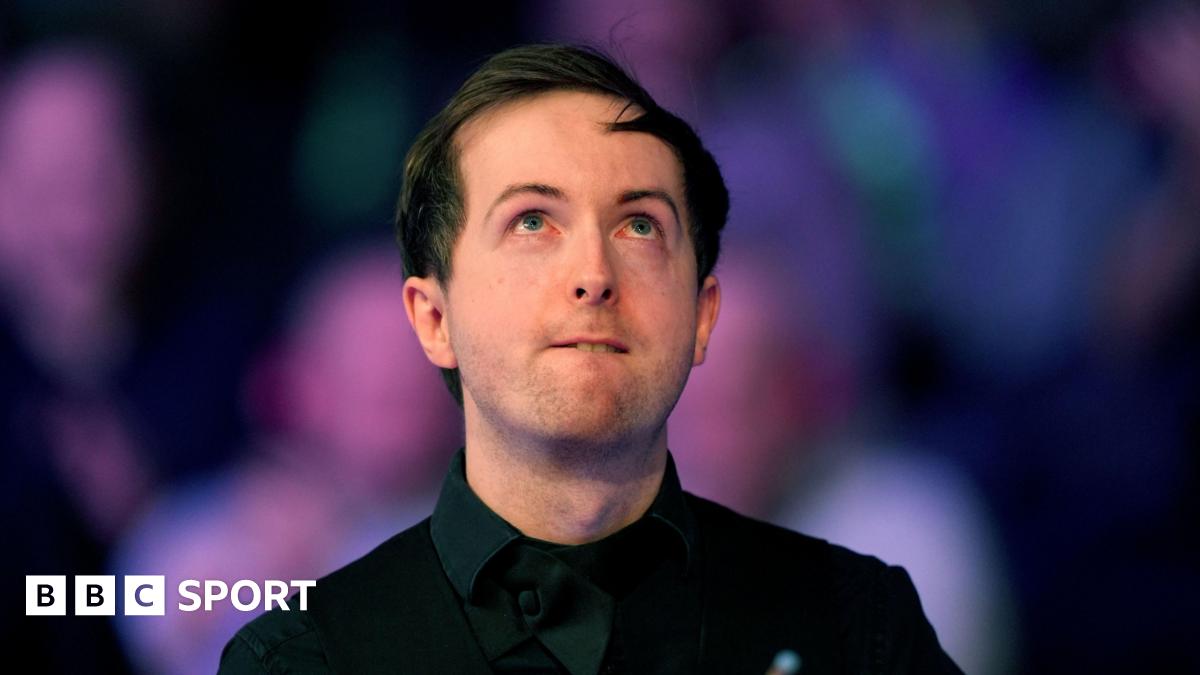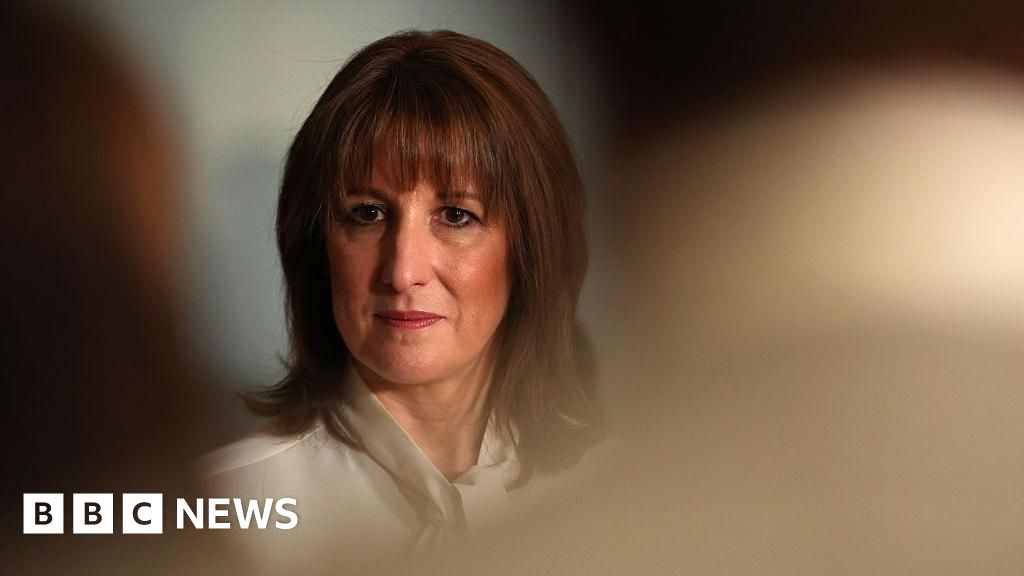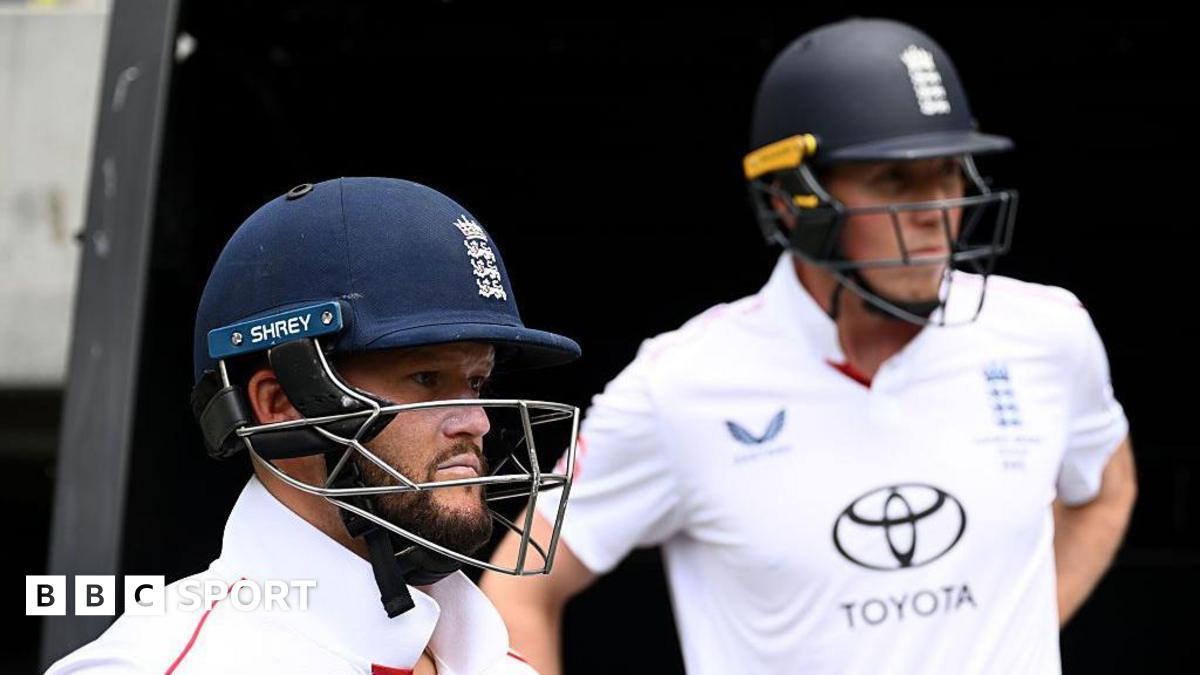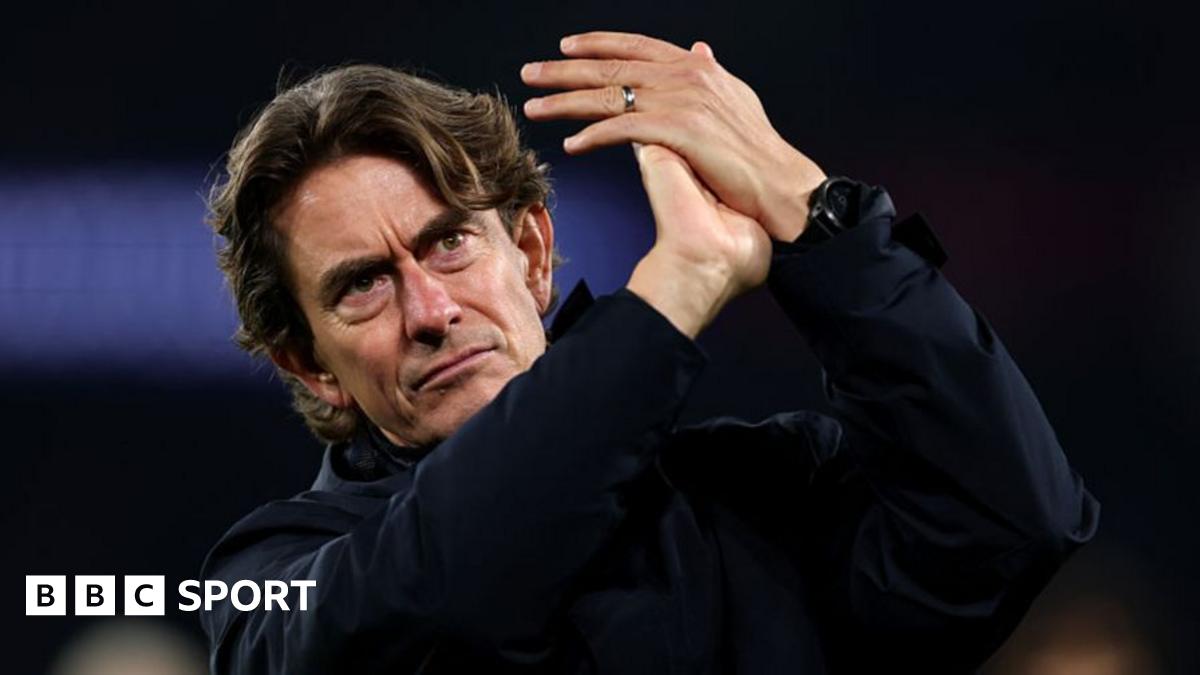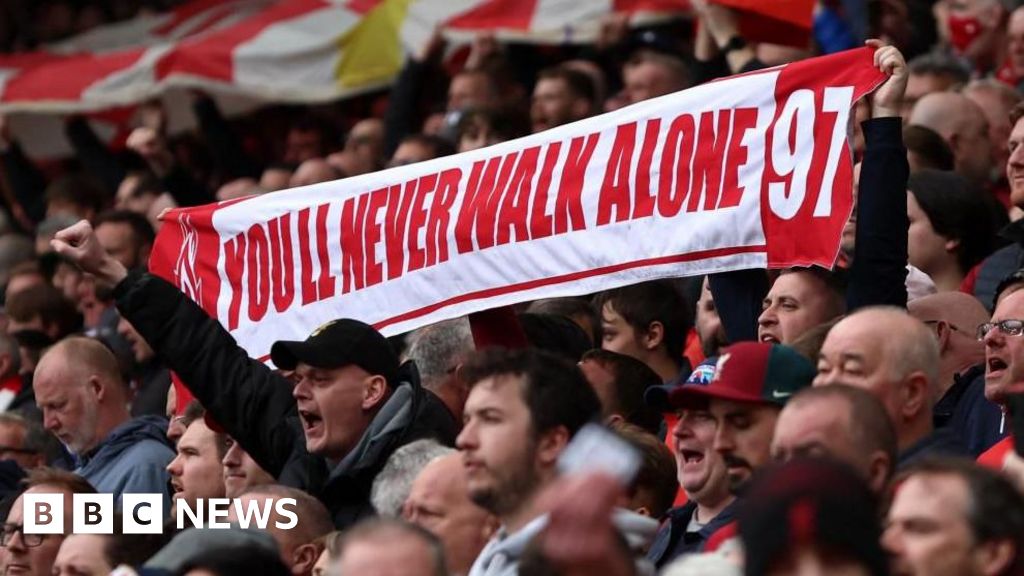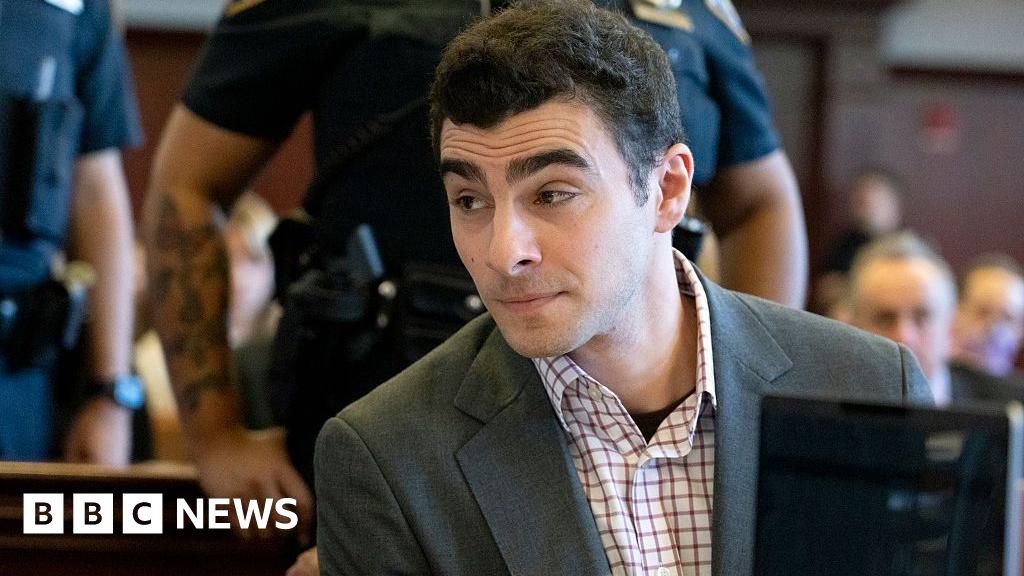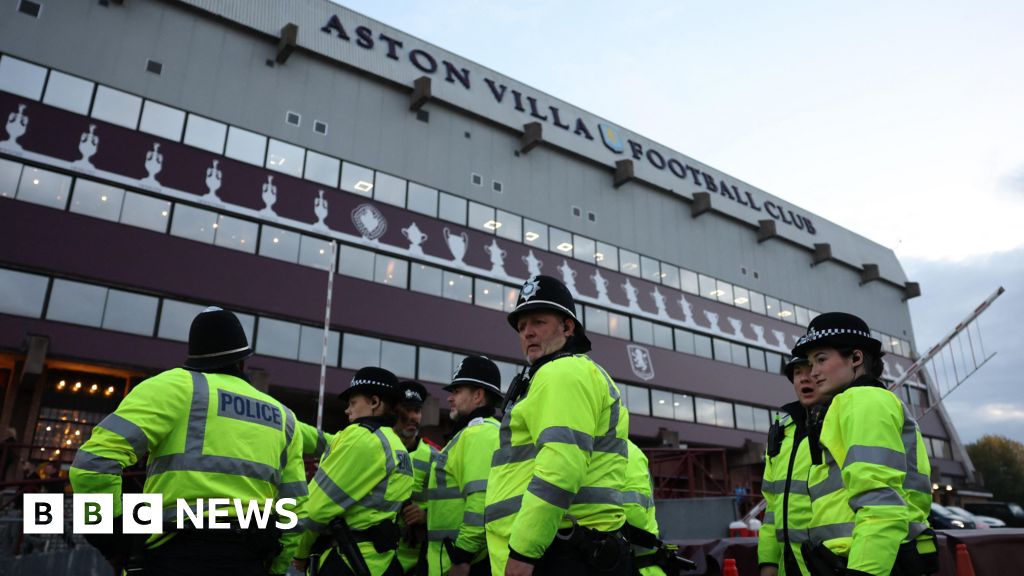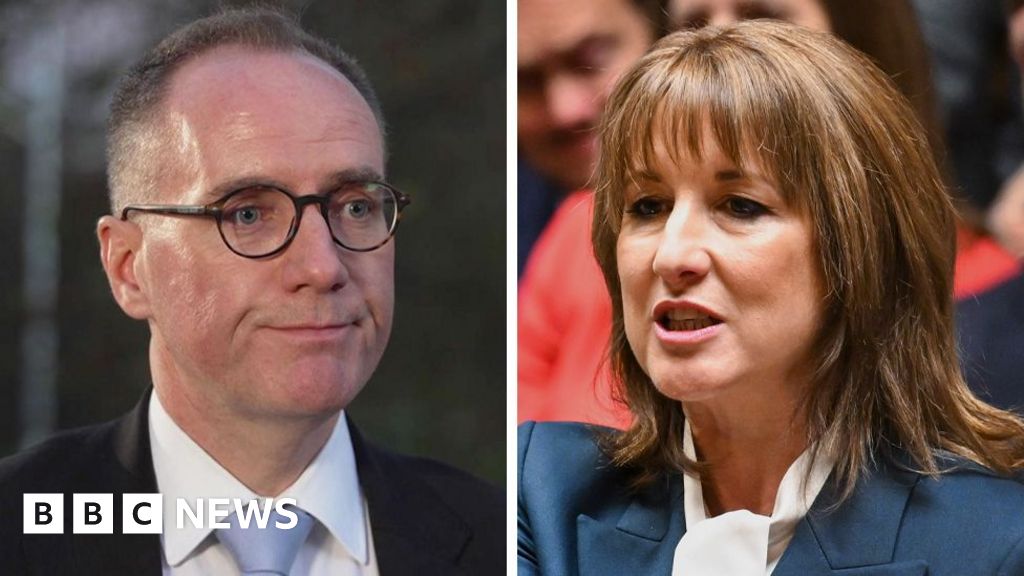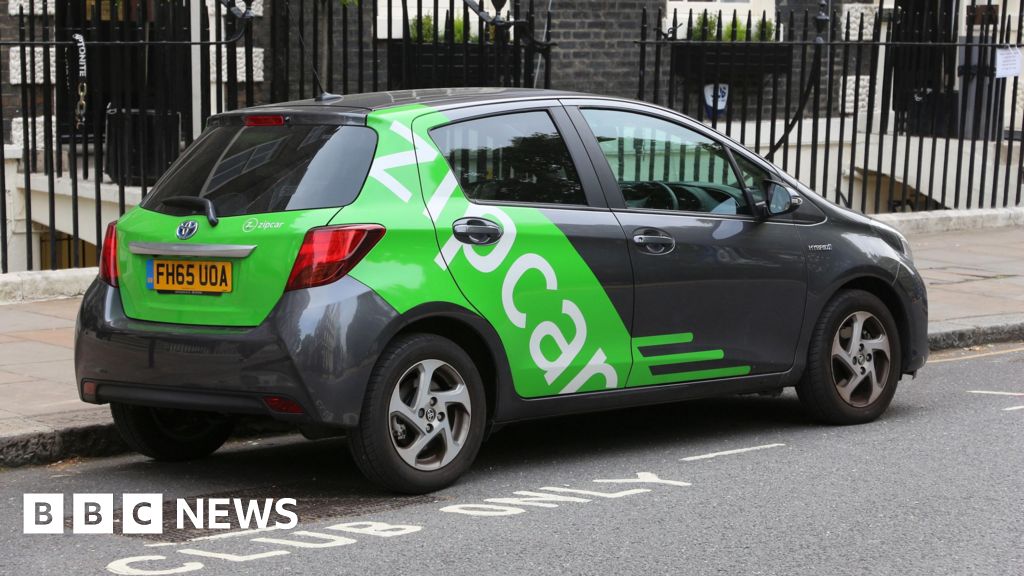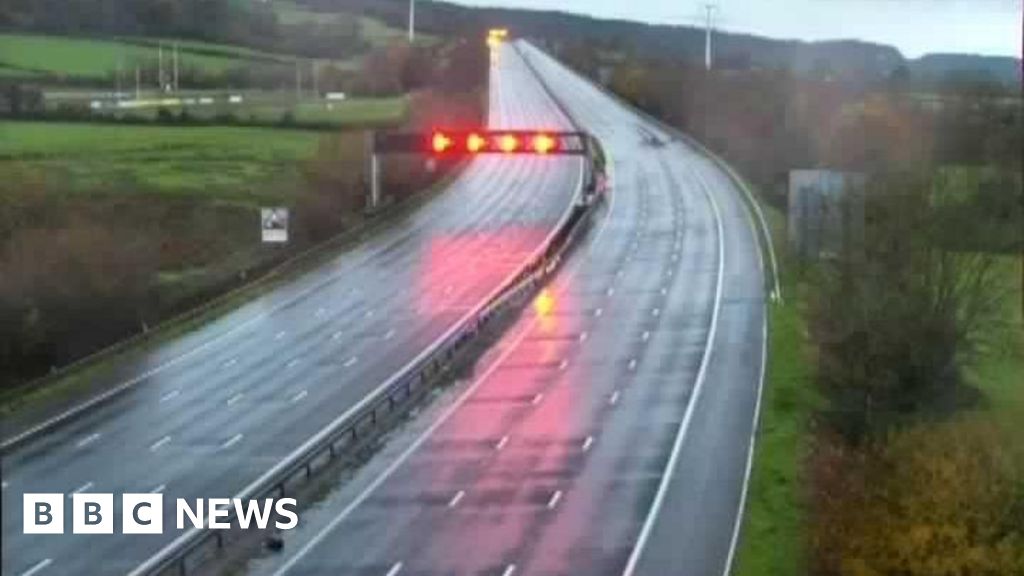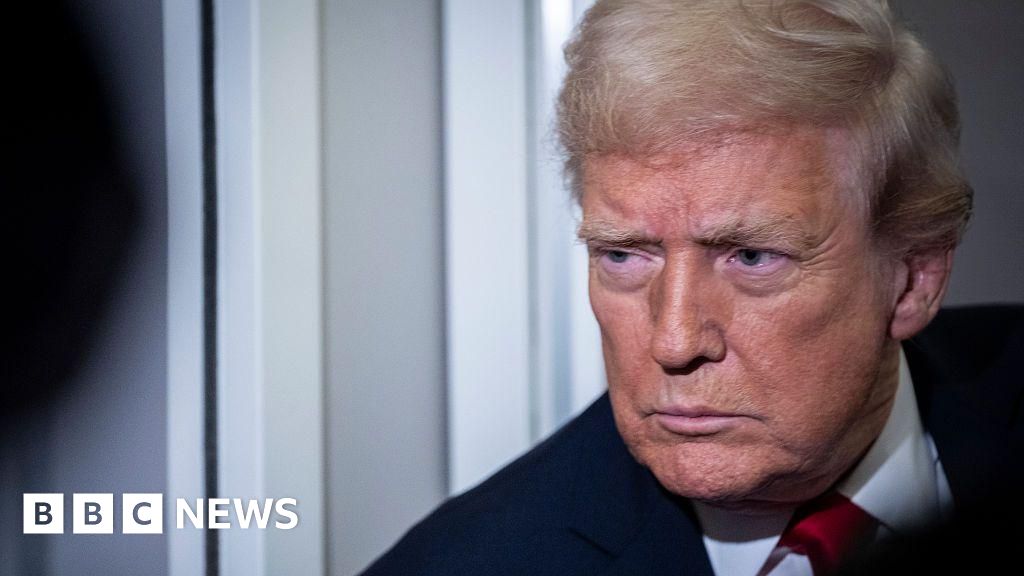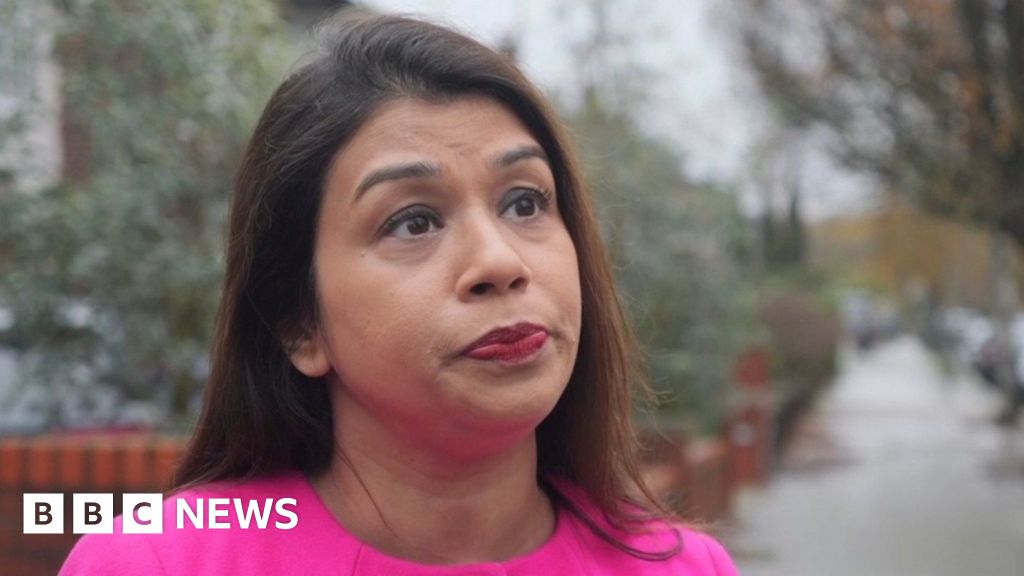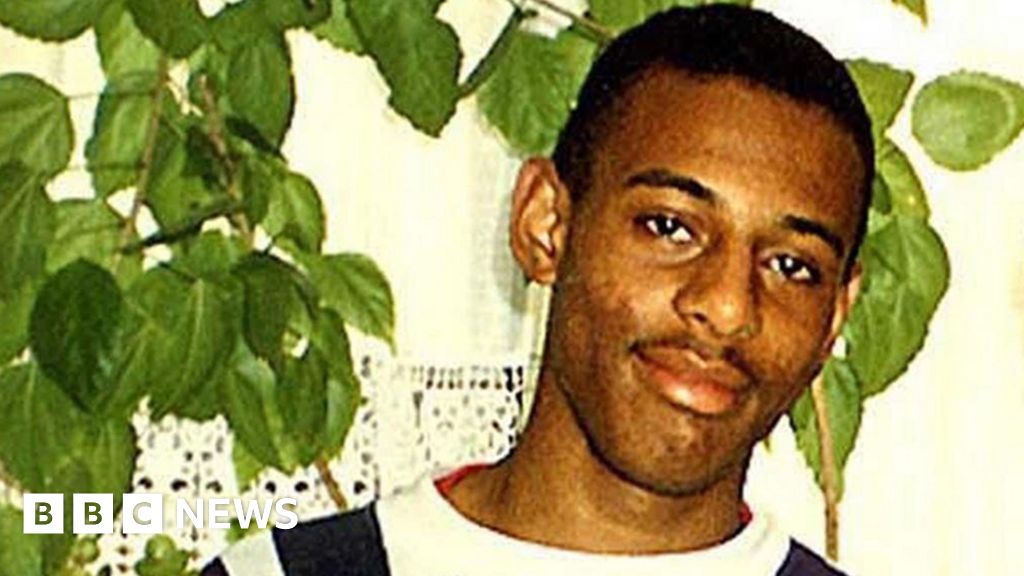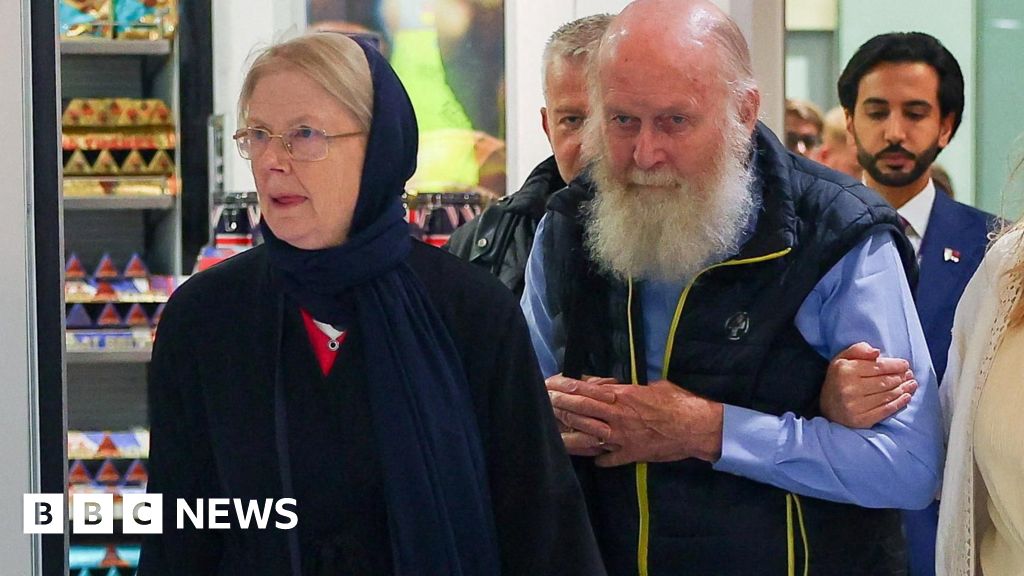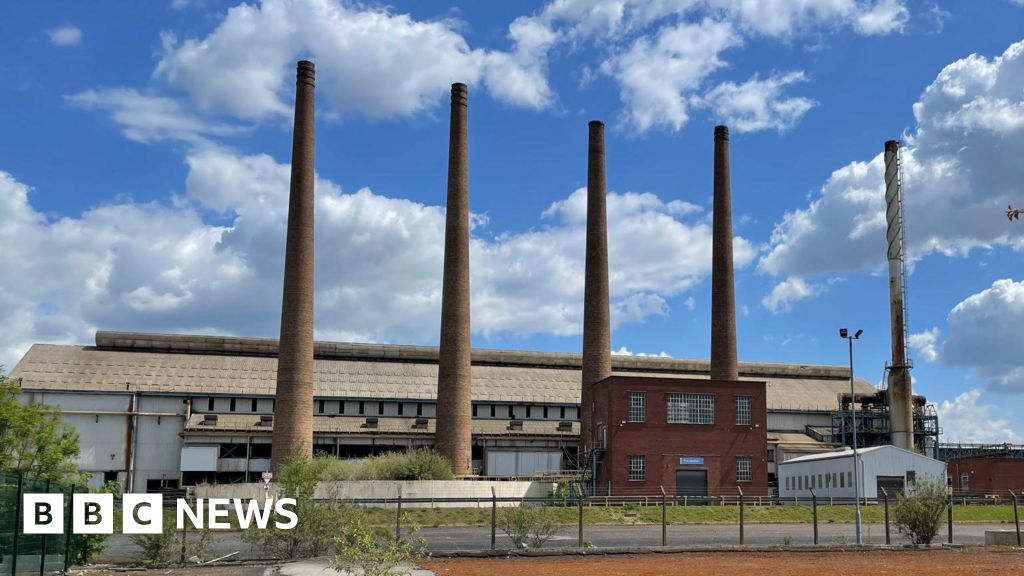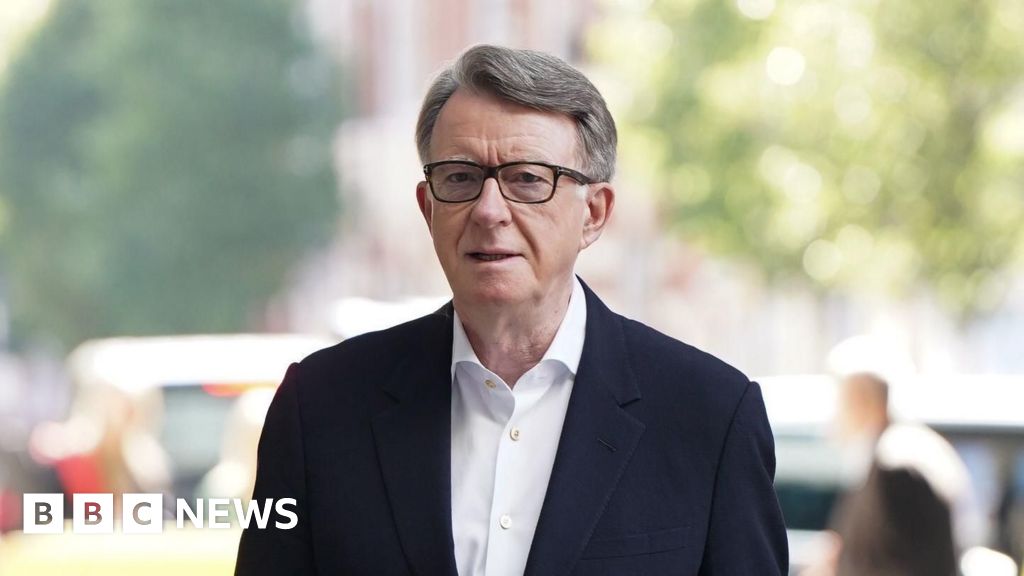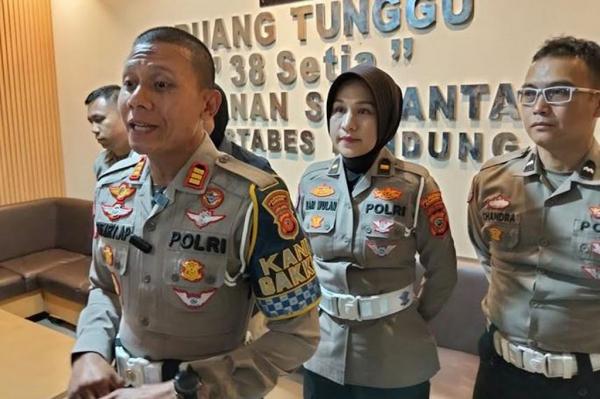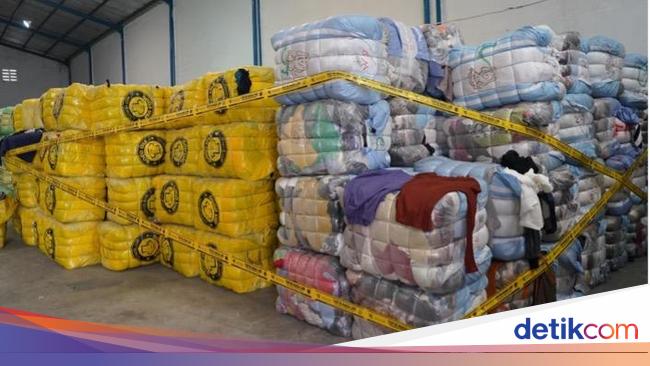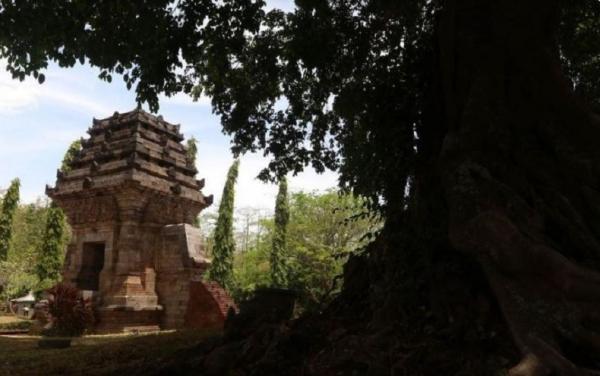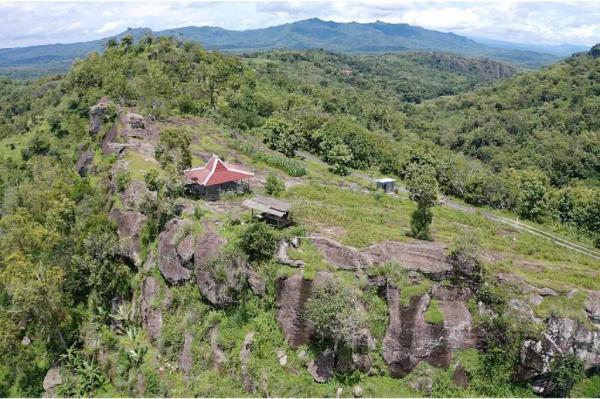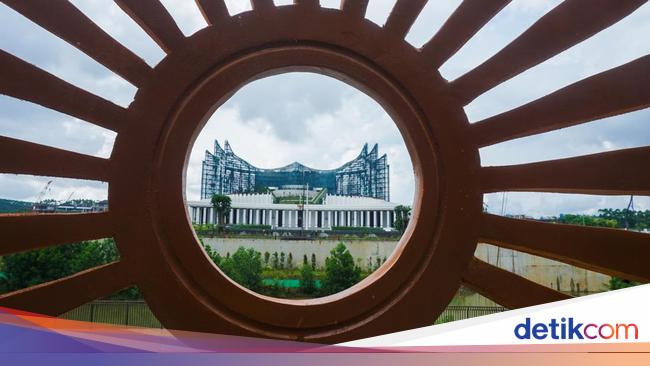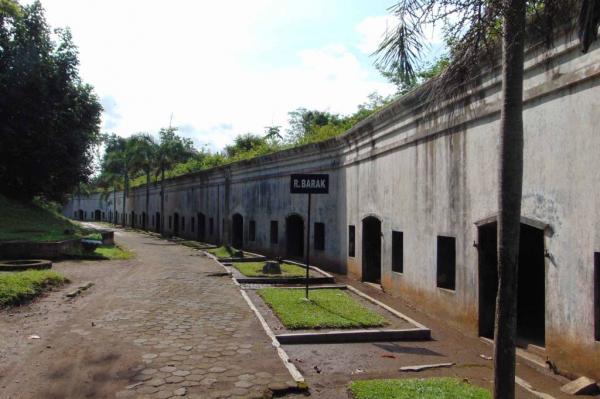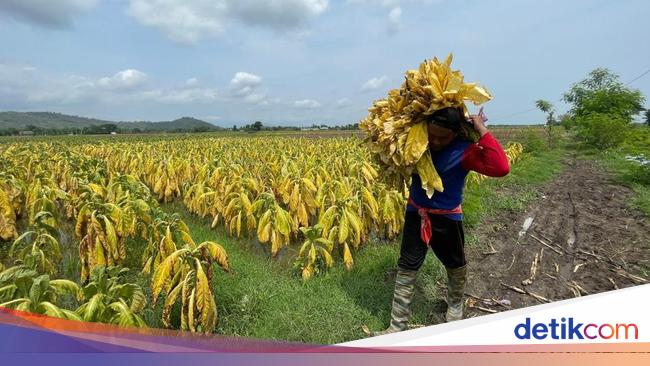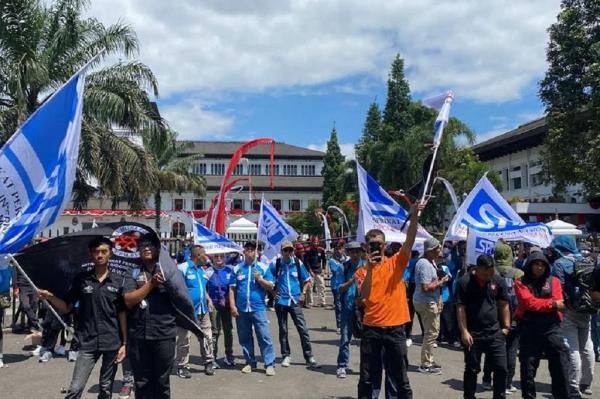Vanessa Buschschlüter and Rute Pina,BBC Brasil, reporting from São Paulo

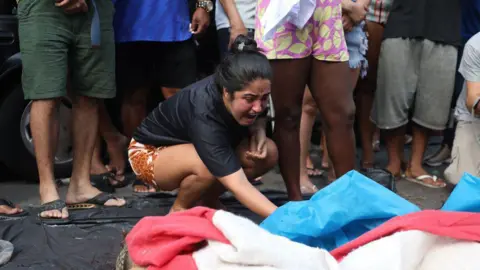 Bruno Itan
Bruno Itan
Dozens of bodies were laid out in a square in Penha, in northern Rio, after the deadliest police raid in the city's history
A photographer who witnessed the aftermath of a massive Brazilian police operation in Rio de Janeiro has told the BBC of how residents came back with mutilated bodies of those who had died.
The bodies "kept coming: 25, 30, 35, 40, 45...", Bruno Itan told BBC Brasil. They included those of police officers.
One of the bodies had been decapitated - others were "totally disfigured", he said. Many also had what he says were stab wounds.
More than 120 people were killed during Tuesday's raid on a criminal gang - the deadliest such raid in the city.

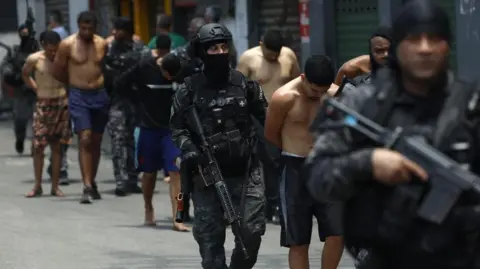 EPA/Shutterstock
EPA/Shutterstock
More than 100 people were arrested as part of the operation
Bruno Itan told BBC Brasil that he was first alerted to the raid early on Tuesday by residents of the Alemão neighbourhood, who sent him messages telling him there was a shoot-out.
The photographer made his way to the Getúlio Vargas hospital, where the bodies were arriving.
Itan says that the police stopped members of the press from entering the Penha neighboorhood, where the operation was under way.
"Police officers formed a line and said: 'The press doesn't get past here.'"
But Itan, who grew up in the area, says he was able to make his way into the cordoned-off area, where he remained until the next morning.
He says that Tuesday night, local residents began to search the hillside which divides Penha from the nearby Alemão neighbourhood for relatives who had been missing since the police raid.

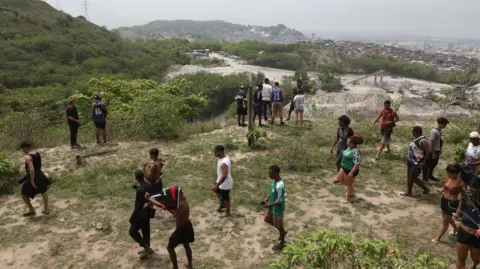 Bruno Itan
Bruno Itan
Residents of the Penha neighbourhood proceeded to place the recovered bodies in a square - and Itan's photos show the reaction of the people there.
"The brutality of it all impacted me a lot: the sorrow of the families, mothers fainting, pregnant wives, crying, outraged parents," the photographer recalled.

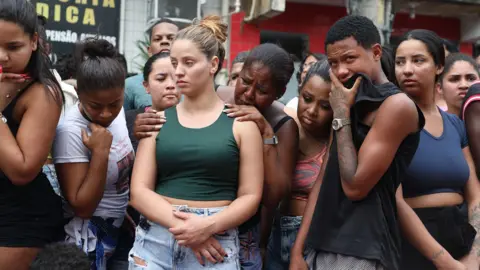 Bruno Itan
Bruno Itan
There was shock in Penha as locals retrieved more and more bodies from the nearby hillside
The governor of Rio state said that the massive police operation involving around 2,500 security personnel was aimed at stopping a criminal group known as Comando Vermelho (Red Command) from expanding its territory.
Initially, the Rio state government maintained that "60 suspects and four police officers" had been killed in the operation.
They have since said that their "preliminary" count shows that 117 "suspects" have been killed.
Rio's public defender's office, which provides legal assistance to the poor, has put the total number of people killed at 132.
According to researchers, Red Command is the only criminal group which in recent years has managed to make territorial gains in the state of Rio de Janeiro.
It is widely considered one of the two largest gangs in the country, alongside First Capital Command (PCC), and has a history dating back more than 50 years.
According to Brazilian journalist Rafael Soares, who has been covering crime in Rio for years, Red Command "operates like a franchise" with local criminal leaders forming part of the gang and becoming "business partners".
The gang engages primarily in drug trafficking, but also smuggles guns, gold, fuel, alcohol and tobacco.
According to the authorities, gang members are well armed and police said that during the raid, they came under attack from explosive-laden drones.
The governor of Rio state, Cláudio Castro, described Red Command members as "narcoterrorists" and called the four police officers killed in the raid "heroes".
But the number of people killed in the operation has come in for criticism with the Office of the United Nations High Commissioner for Human Rights saying it was "horrified".
At a news conference on Wednesday, Governor Castro defended the police force.
"It wasn't our intention to kill anyone. We wanted to arrest them all alive," he said.
He added that the situation had escalated because the suspects had retaliated: "It was a consequence of the retaliation they carried out and the disproportionate use of force by those criminals."
The governor also said that the bodies displayed by locals in Penha had been "manipulated".
In a post on X, he said that some of them had been stripped of the camouflage clothing he said they had been wearing "in order to shift blame onto the police".
Felipe Curi of Rio's civil police force also said that "camouflage clothing, vests, and weapons" had been removed from the bodies and showed footage appearing to show a man cutting camouflage clothing off a corpse.
Supreme Court Justice Alexandre de Moraes has summoned Governor Castro to a hearing on Monday to explain the police actions "in detail".
With additional reporting by BBC Brasil's Carol Castro in Rio de Janeiro.
.png)
 1 month ago
24
1 month ago
24

